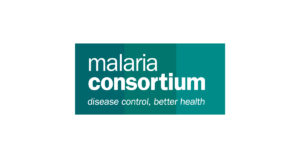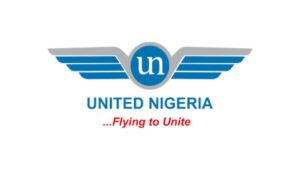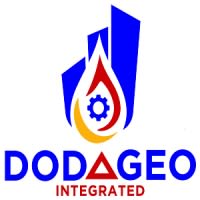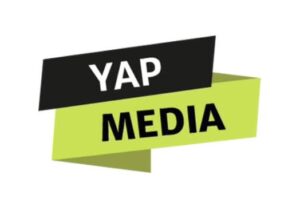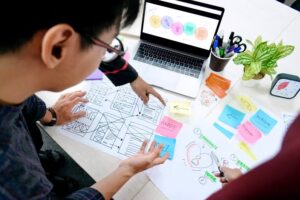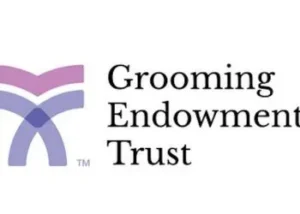Jobs
Admin
June 28, 2025
Admin
June 28, 2025
Admin
June 27, 2025
Admin
June 27, 2025
Admin
June 27, 2025
Admin
June 26, 2025
Admin
June 26, 2025
Admin
June 26, 2025
Admin
June 26, 2025
Admin
June 25, 2025
Admin
June 24, 2025
Admin
June 23, 2025
Admin
June 23, 2025
Admin
June 20, 2025
Admin
June 20, 2025
Admin
June 19, 2025
Admin
June 18, 2025
Admin
June 18, 2025
Admin
June 18, 2025
Admin
June 18, 2025
Admin
June 17, 2025

